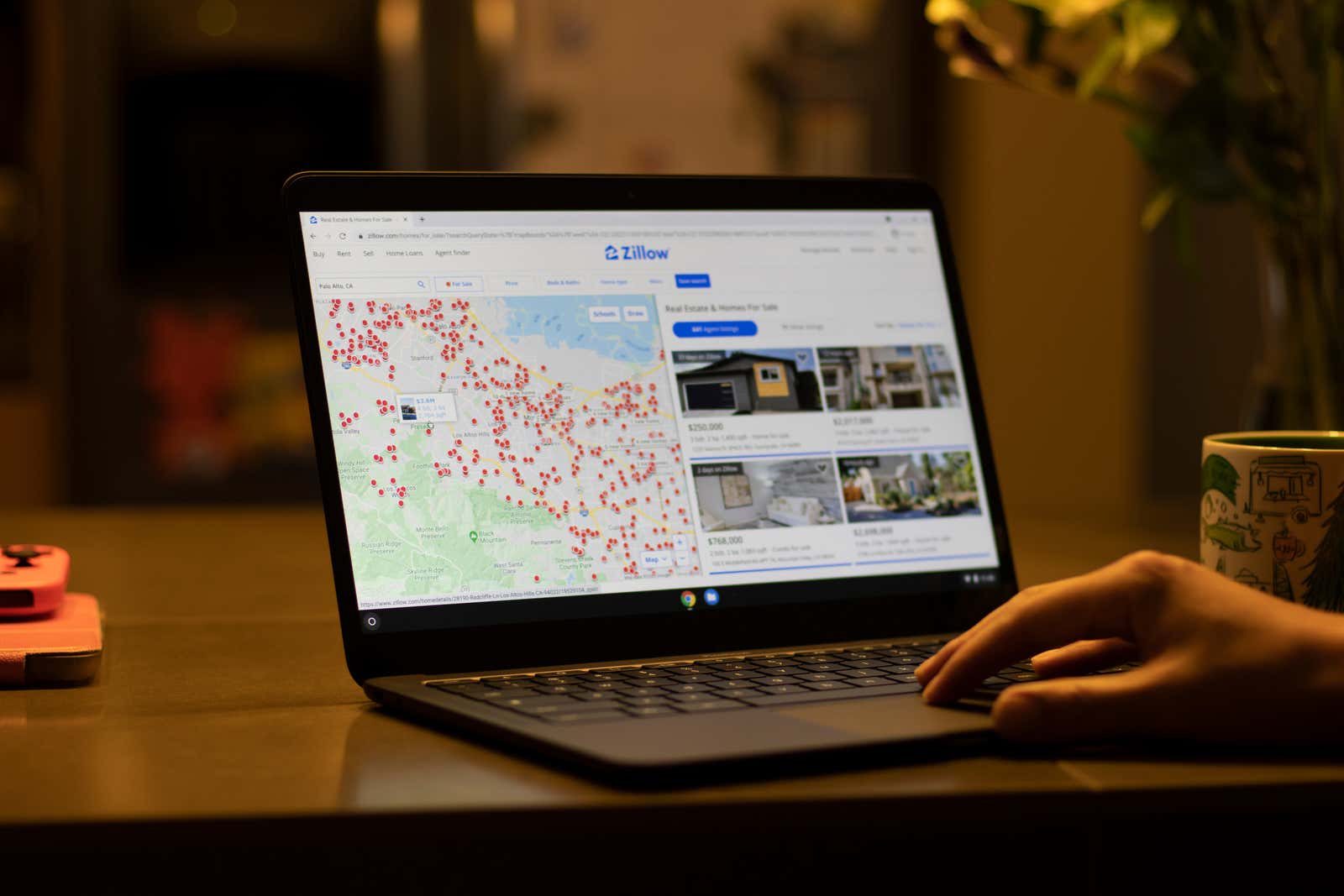Why You Really Shouldn’t Pay All Your Money for a House

It has become fashionable to buy houses with cash lately , but is that a good idea, as most of us think? While they make an attractive offer for the seller, you will want to consider the implications of tying your money to a core asset like a home, as you could make more money in the long run by taking out a mortgage and putting some of that money into an investment fund.
Why cash isn’t always important in real estate
It seems so simple at first: if you buy a home straight away with cash, you don’t have to worry about going into debt by taking out a mortgage. After all, you wouldn’t pay $ 129,444 in interest alone on a $ 250,000 mortgage that charges 3% per annum for 30 years. Who wants to do this?
Well, the problem is opportunity cost: if you put most of that money in an investment fund, the rate of return would exceed the extra money you would pay in interest, especially since mortgage rates are so low. Over the past 30 years, the S&P 500 has shown an average annual growth rate of 10.7% per annum , while mortgage interest rates are much lower. The average rate on a 30 year fixed rate mortgage is currently 2.84%, and the average rate on a 15 year fixed rate mortgage is 2.24%. Investopedia has a great example of how this works:
Suppose you bought a house for $ 300,000, which has since increased in value by $ 100,000 and is now worth $ 400,000. If you paid for the house in cash, your income would be 33% ($ 100,000 profit from your $ 300,000). However, if you deposited 20% and borrowed the remaining 80%, your return would be 166% ($ 100,000 profit on your $ 60,000 down payment). This simplified example ignores mortgage payments, tax deductions, and other factors, but this is a general principle.
And by dividing that money, you can take advantage of two types of investments, not just one. This means you can have an index fund with an annualized return of 10% on top of your property, with an average annualized return that can range from 5% to 15%. From this perspective, paying off, say, 3% on a mortgage is not such a big deal. This is why wealthy people often take out mortgages strategically, even though they can pay off the loan anytime they want.
There are caveats, of course. Both real estate investments and stocks carry a certain amount of risk, as past performance does not guarantee future performance. And the financial situation is different for everyone. One of the benefits of owning a property without funding is that you don’t have to deal with monthly mortgage payments that strain your budget. Plus, sometimes you just need a house, and in that seller’s market, sometimes money really is king.
Bottom line
Consult a financial advisor before any major investment, including buying a home for cash. A home is a great asset, but it is not easy to convert into cash when you need it, and you can better use some of that money in other investments.